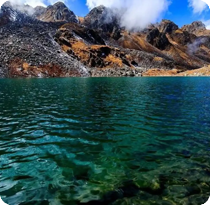Himalaya Shelter
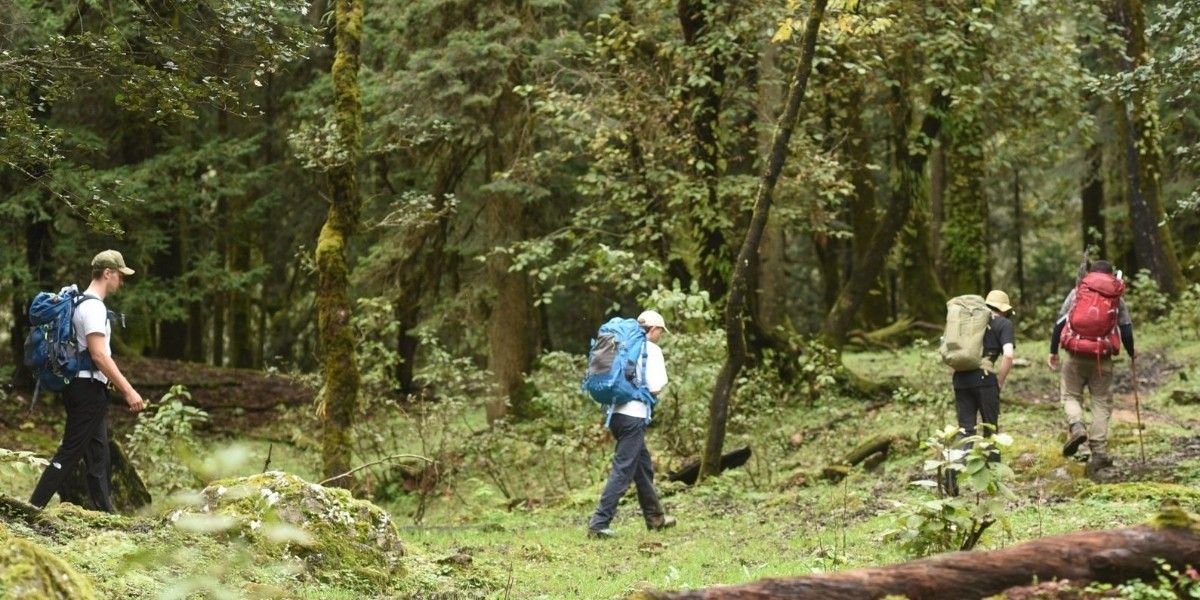
Explore With Us
Best Trekking Company
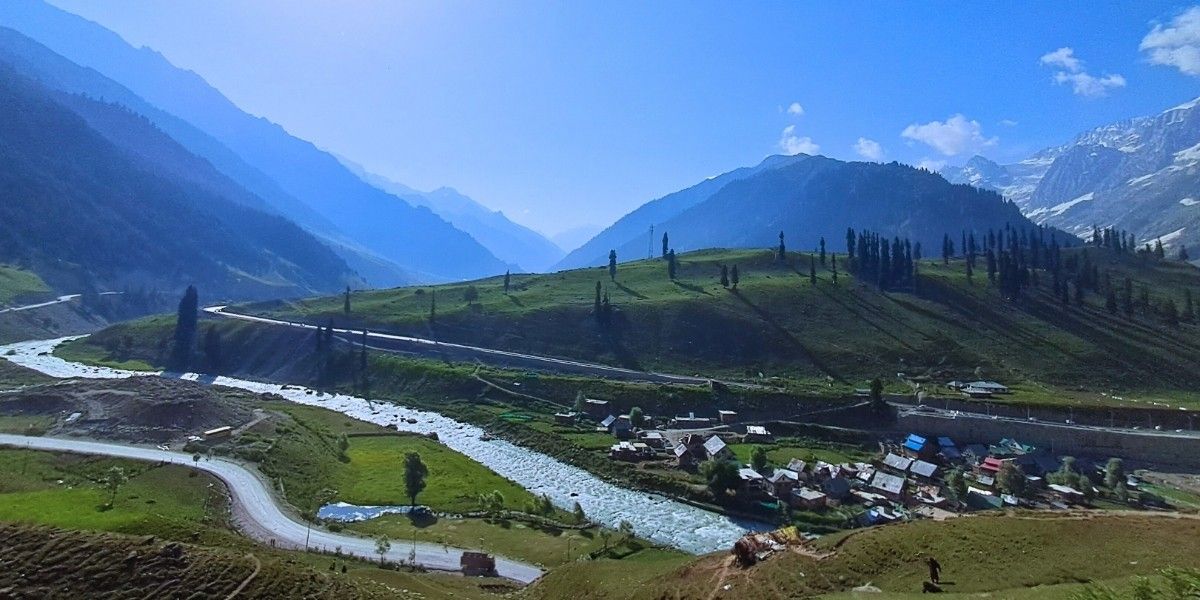
Himalaya Shelter
A Group of Himalayas Lovers
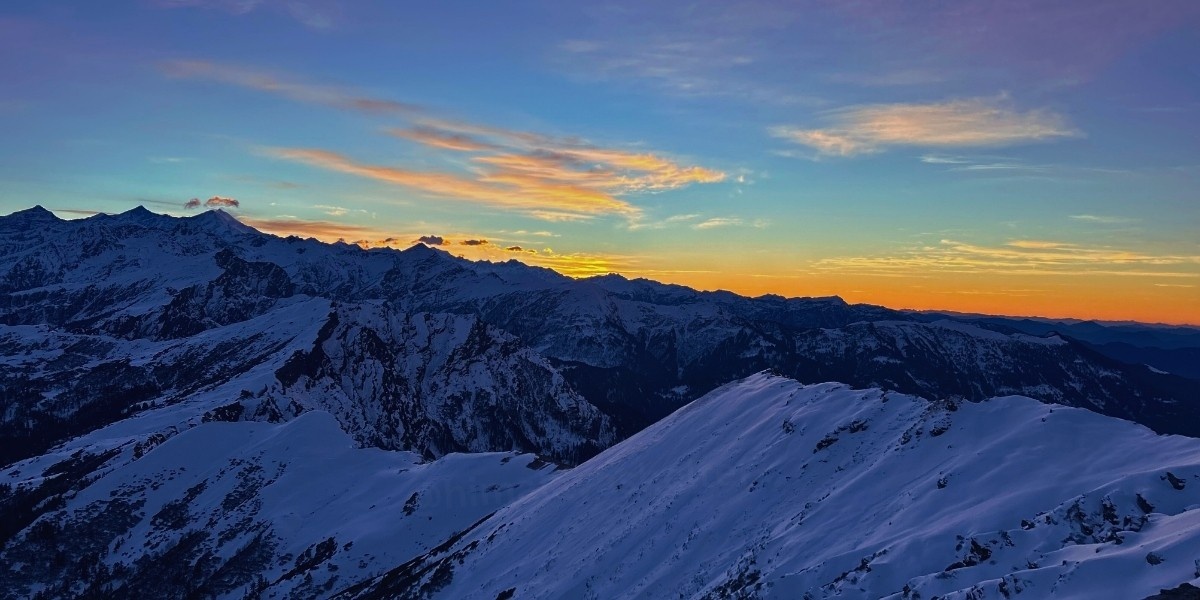
Uttarakhand Trekking
Best Himalayan Treks in Garhwal & Kumaon
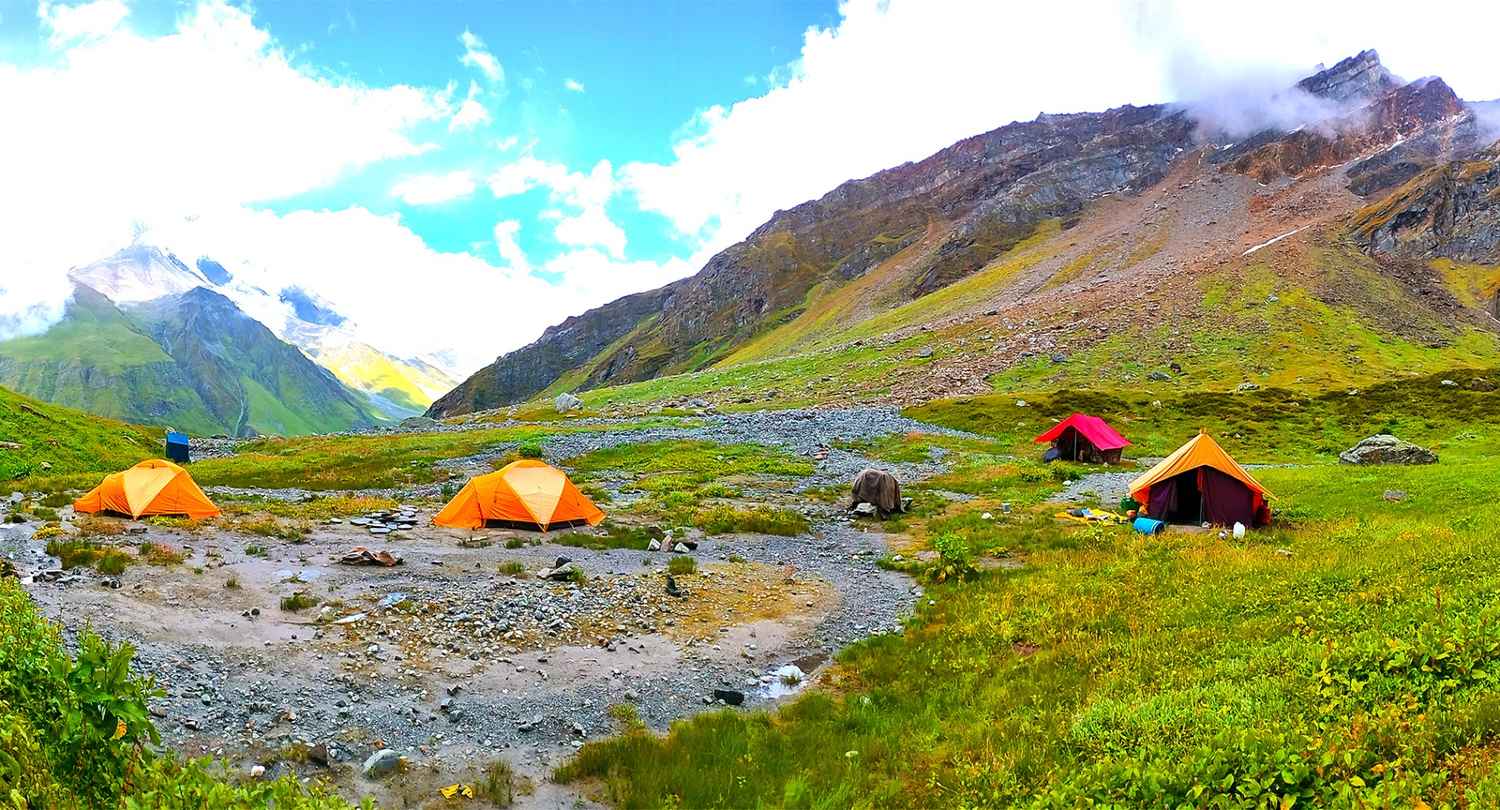
Kashmir Trekking
Great Lakes, Meadows & Offbeat Himalayan Trails
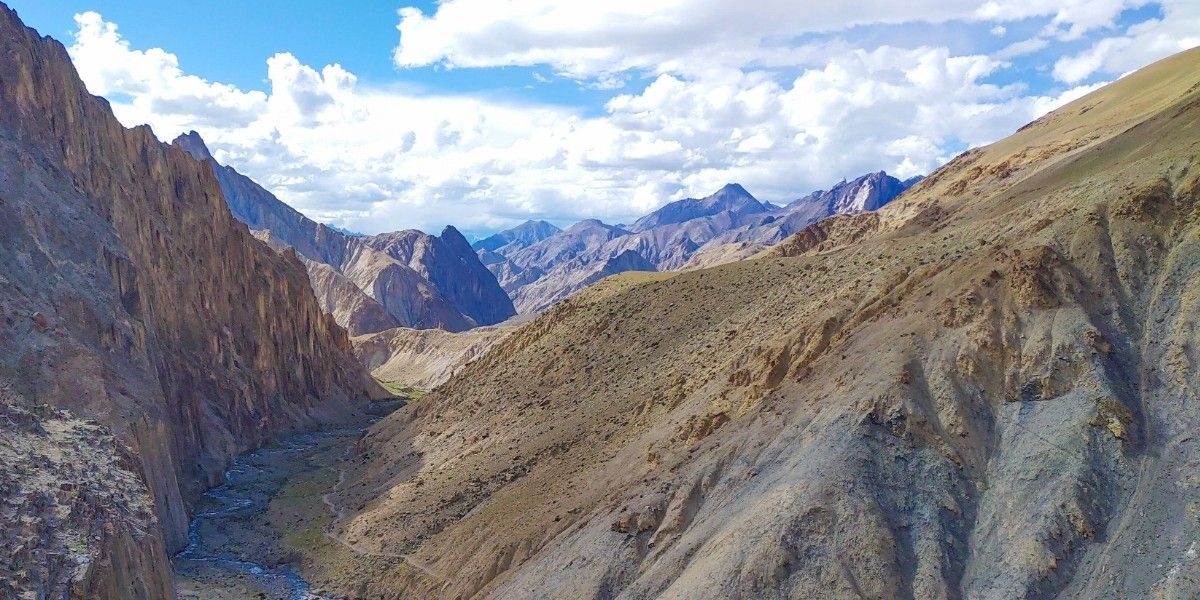
Ladakh Trekking
High Altitude Desert Treks in the Indian Himalayas
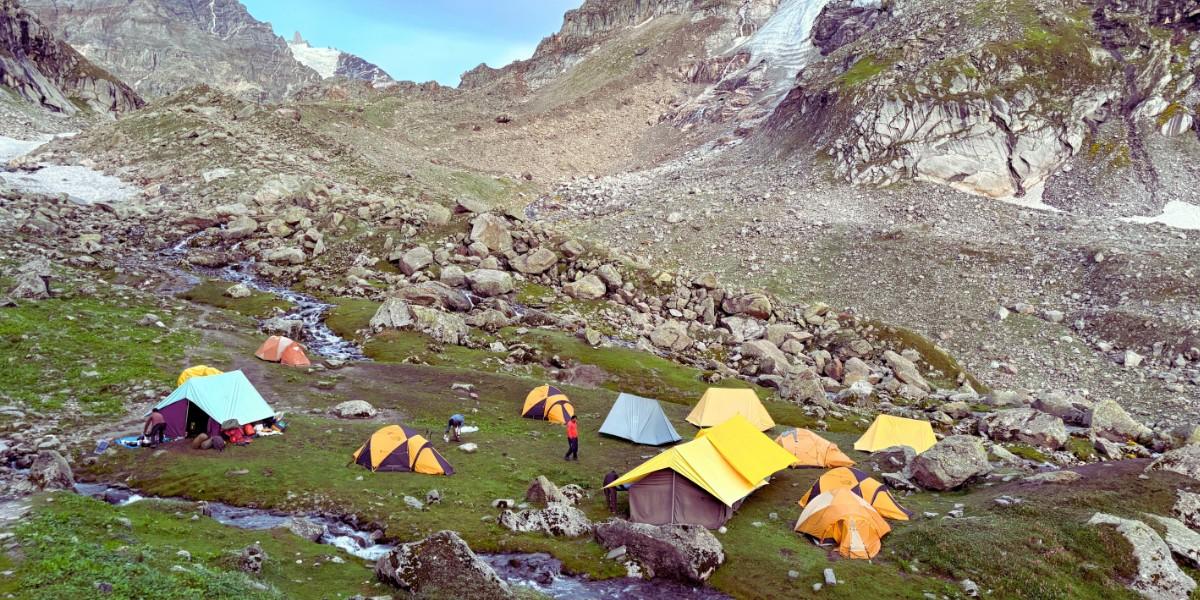
Himachal Trekking
Himalayan Pass Crossings & Camping Trails
Know Who We Are
Founded for the love of the Himalayas
Founded in 2013, at the heart of our existence, is an impeccable service-oriented mindset & respect for the wilderness.
We share the love for the Himalayas at Himalaya Shelter, a love that bonds us to our travellers. It reflects in the feedback and reviews we have received.
Over 24000+ Trekkers served since 2013!
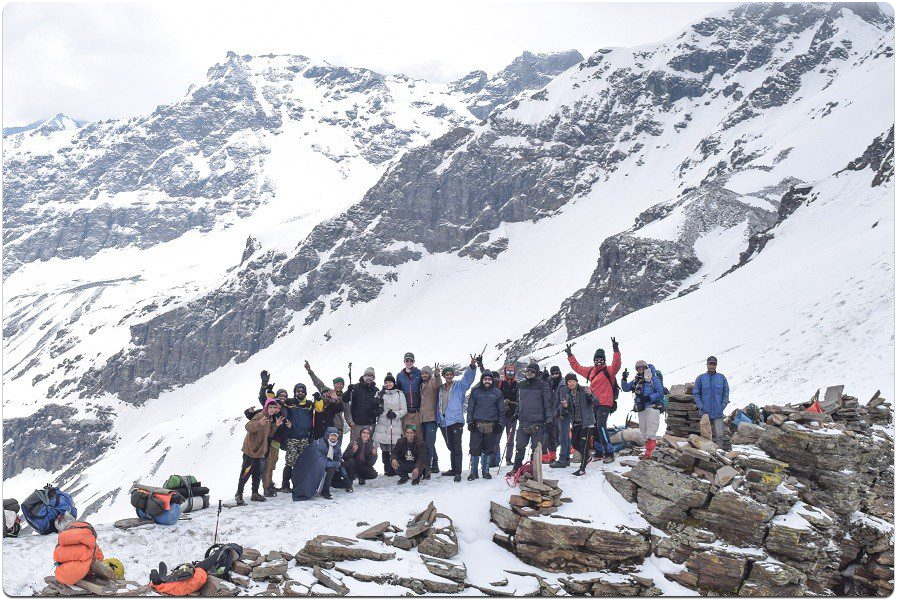
Top Trekking Destinations
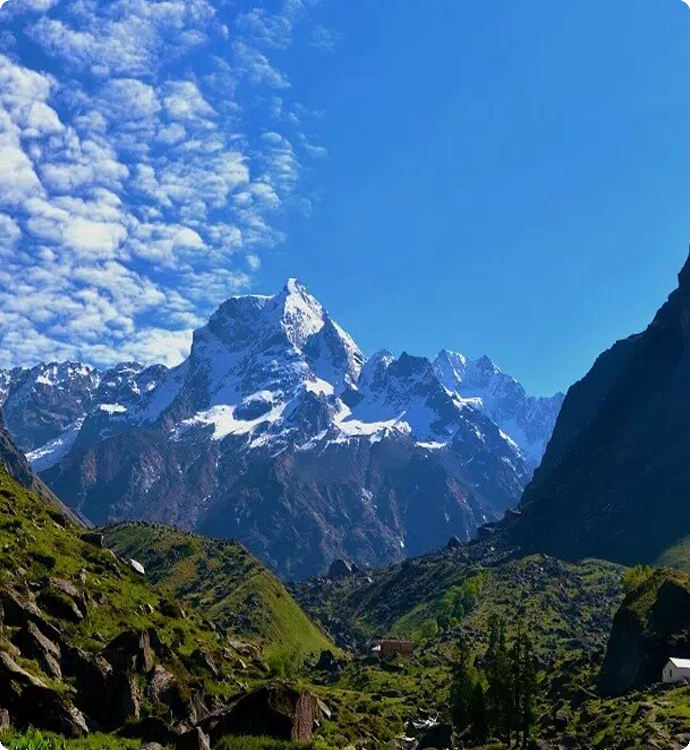
Har Ki Dun
50 KM
Trek over to the Valley of Shiva!
Our Company
Founded by natives to the Himalayas, we strive to excel to offer best outdoors experience possible.
Our Vision
To make Trekking accessible, sustainably & by promoting local development. Local is Sustainable & Authentic! It is with this value that we operate primarily in Uttarakhand!
Our Strengths
Minimal Outsourcing of services to ensure service standards, sustainable practices, trained local team hailing from the Himalayas, & we use superior equipment
Himalaya Shelter Upcoming Treks

Har Ki Dun Trek
7 Days
Uttarakhand | India
31 Km
July to September
₹12500 | $142

Dayara Bugyal Trek
6 Days
Uttarakhand
17 Km
Jan | Feb | Mar | Aprill | May | Jun | Sep | Oct | Nov | Dec
₹11,299 | $125.46

Kuari Pass Trek
6 Days
Uttarakhand
28 Km
March to August and October to March
₹17999 | $206
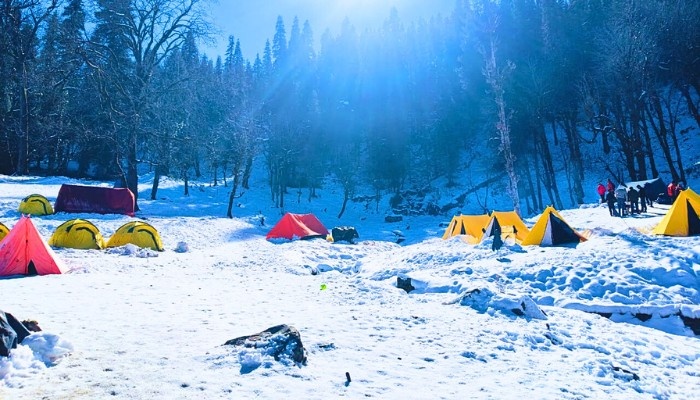
Kedarkantha Trek
5 Days
Uttarakhand
20 Km
December and January
₹7500 | $87

Chopta Chandrashila Trek
3 Days
Uttarakhand
7 Km
April to June and September to November
₹9900 | $114
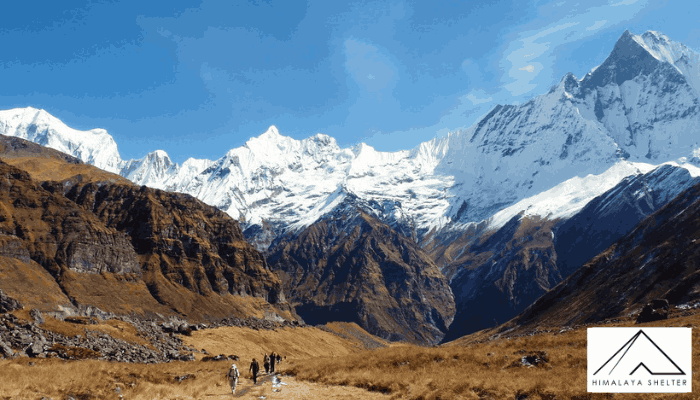
Annapurna Base Camp Trek
9 Days
Nepal
75 Km Approx
March | April | May | September
₹75000 | $846
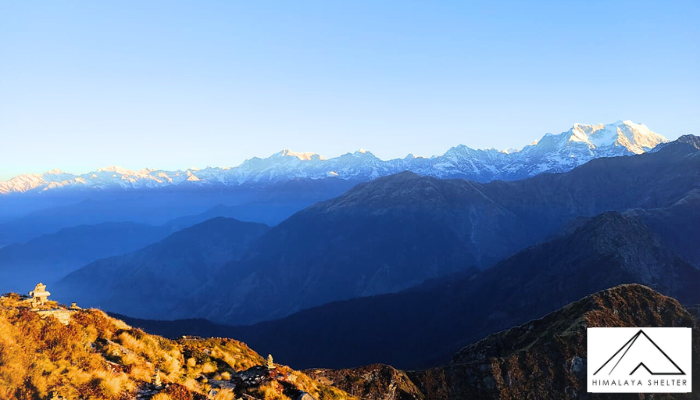
GHT Trek In Uttarakhand For Beginners
19 Days
Uttarakhand | India
110 Km
May to June and September to November
₹On Demand | $On Demand
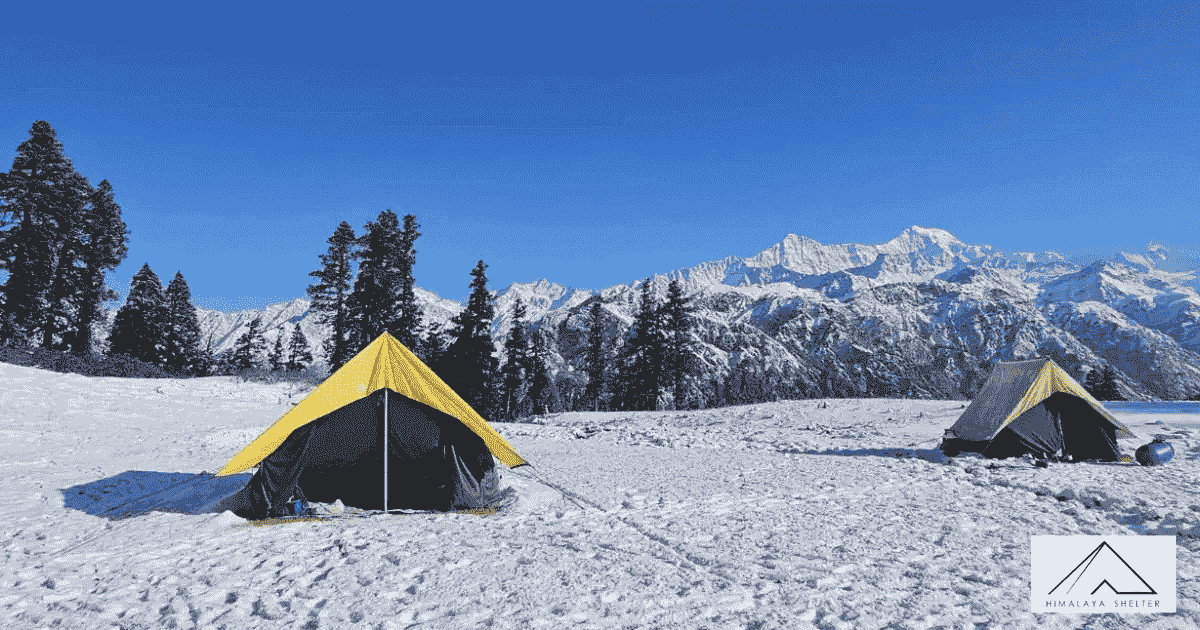
Aancha Top Trek
6 Days
Uttarakhand | India
25 km
September to June
₹11000 | $125
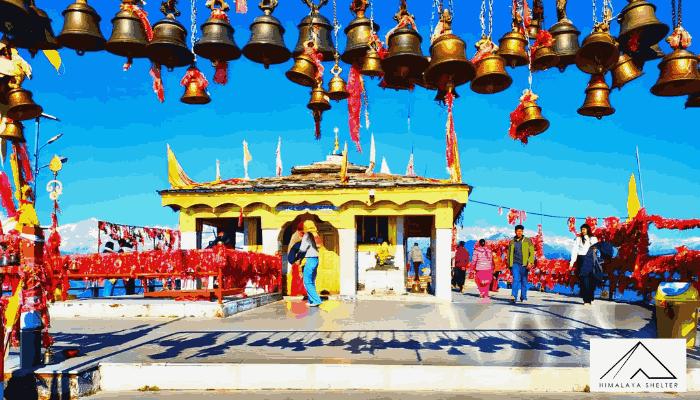
Kartikswami Temple Trek
3 Days
Uttarakhand | India
3 km (One Way)
Jan | Feb | Mar | Aprill | May | Jun | Sep | Oct | Nov | Dec
₹10500 | $119

Everest Base Camp Nepal
15 Days
Nepal
130 KM
March | April | May and October | November
₹85000 | $936

Top Tibba Trek
1 Days
Uttarakhand | India
6-7 Km
All Year
₹1800 | $21

Kunjapuri Temple Trek
1 Days
Uttarakhand | India
12 Km
All Year
₹3500 | $41

Bijli Mahadev Trek Temple
2 Days
Himachal Pradesh | India
26 KM
January to December
₹1900 | $22

Journey to the Sacred Pilgrimage of Badrinath
7 Days
Uttarakhand | India
4 Km
All Year
₹20500 | $235

Ranthang Kharak Trek
7 Days
Uttarakhand | India
40 Km
April to June and September to November
₹28000 | $320

Mukta Top Trek
6 Days
Uttarakhand | India
27 Km
January to June and November to December
₹10999 | $126

Deoriatal Chopta Chandrashila Trek
5 Days
Uttarakhand
27 Km
April to June | September to November
₹11700 | $134

Nag Tibba Trek
2 Days
Uttarakhand
20 Km
All Year
₹4000 | $34

Brahmatal Trek
6 Days
Uttarakhand
24 Km
December to early February
₹11200 | $129

Bedni Ali Bugyal Trek
5 Days
Uttarakhand
32 Km
May to June and September to November
₹11000 | $130

Pangarchulla Trek
6 Days
Uttarakhand
35 Km
March to April
₹32000 | $366
Reason to Choose Trekking with Himalaya Shelter
We share the love for the Himalayas at Himalaya Shelter, that makes us one of the best trekking companies in Uttarakhand, India.
Trekkers Feedback
We are rated 4.9 /5.0 ☆ based on over 1500+ trekker reviews on TripAdvisor and Google Reviews, a testament of our commitment to sense of service
Lowest Escalation Ratio
Over the 24,000 trekkers catered by us in the past 11 year, with an average of 7 escalations per year, constituting a percentage of 0.0032. Our team successfully resolved over 90% of all escalations, with the majority addressed by our field team
Safety
At Himalaya Shelter, we keep safety an important paradigm and our track record verifies the same. Our team is well-versed in the geography of Uttarakhand, Kashmir, Himachal, and Arunachal Pradesh. It is a matter of pride that we have maintained a zero fatality ratio for the last 11 years. We have successfully completed challenging treks of India like Lamkhaga Pass, Buran Ghati, Kalindi Khal, Dhamdhar Kandi, Bhyndhar Khal, Bali Pass, Borasu Pass, Warwan Valley, Stock Kangari, Pin Parbati, Hanuman Tibba. Additionally, our guides have collaborated with the SDRF team for river and mountain rescues
Amazing Meals
Our team is known among our trekkers community to provide excellent meals during the treks. Over 900+ reviews found of our more than 1500 cumulative reviews mention of great meals
Flexible Cancellation Policy
» Customer satisfaction is our prime motive, and we want all our trekkers to successfully complete the trek
» Suppose you cannot reach the summit/complete the trek due to bad weather/ suddenly changed Government policies/unavoidable health issues or any other unforeseen reasons. In that case, Himalaya Shelter will allow you to join us on the same trek one more time without paying extra Trek fees. This offer will be valid for a lifetime
» This policy will apply to our fixed departure programs/customized trekking programs. Participants will need to inform us of their willingness to join the trek in advance so that we can merge them into our confirmed group. This advantage can be availed only by trekkers who have booked the trek directly with Himalaya Shelter. Please note that participants who have booked their trek through other agencies/B2B partners will not be eligible for this benefit
Lowest Guaranteed Group Size of Fixed Departures
We will guarantee to operate any group with minimum 4 confirmed participants in a group departure
Certified Trek Leaders
Each trek group will be led by a certified trek leader with a minimum qualification of the Basic Mountaineering course. Also, our trek leaders are certified in CPR and First Aid courses
Competitive Pricing
While we do not have the lowest Trek prices, we do offer very competitive prices vis-a-vis the services and experience provided
Destinations for you

Price starts @ ₹20500 | $400

Price starts @ ₹142000 | $1649
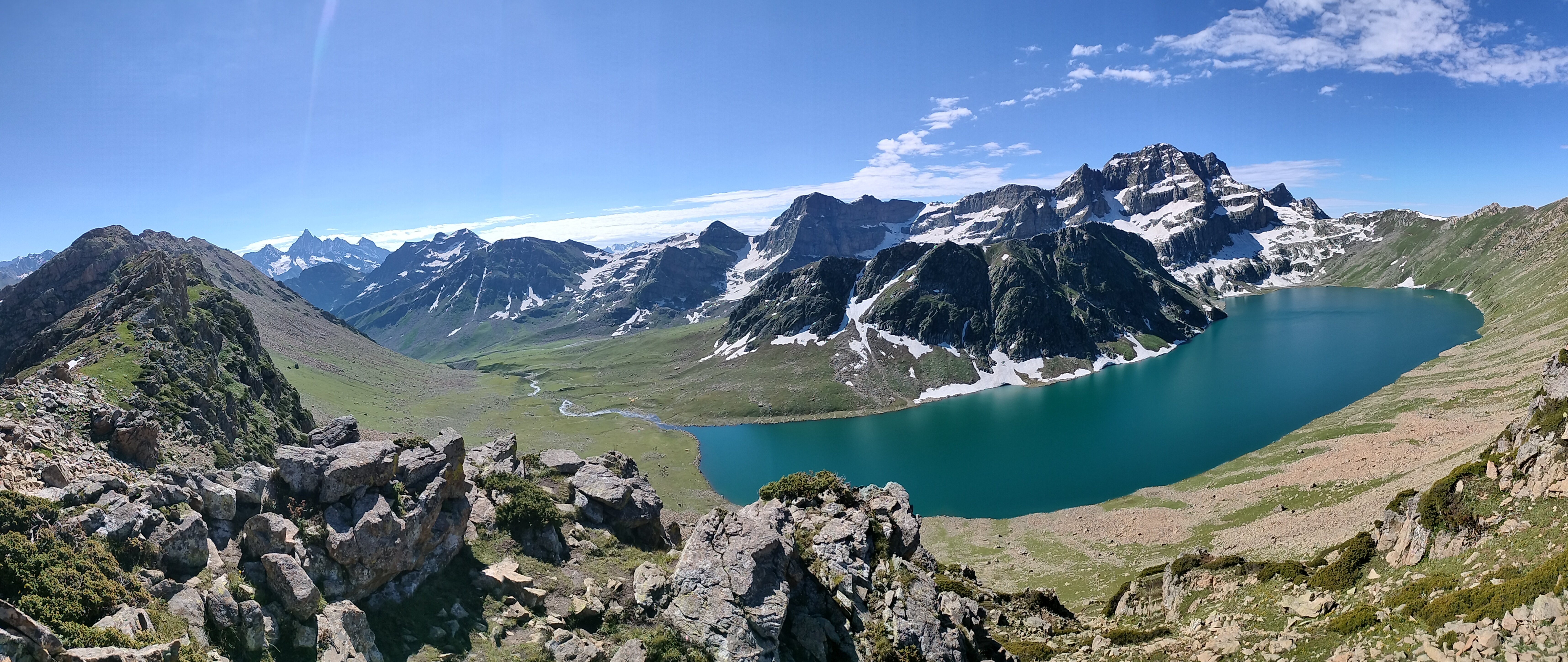
Price starts @ ₹18500 | $300

Price starts @ ₹16500 | $250

Price starts @ ₹15000 | $300

Price starts @ ₹39000 | $600

Price starts @ ₹11,299 | $125.46

Price starts @ ₹4000 | $34

Price starts @ ₹7500 | $87

Price starts @ ₹22000 | $259

Price starts @ ₹12500 | $142
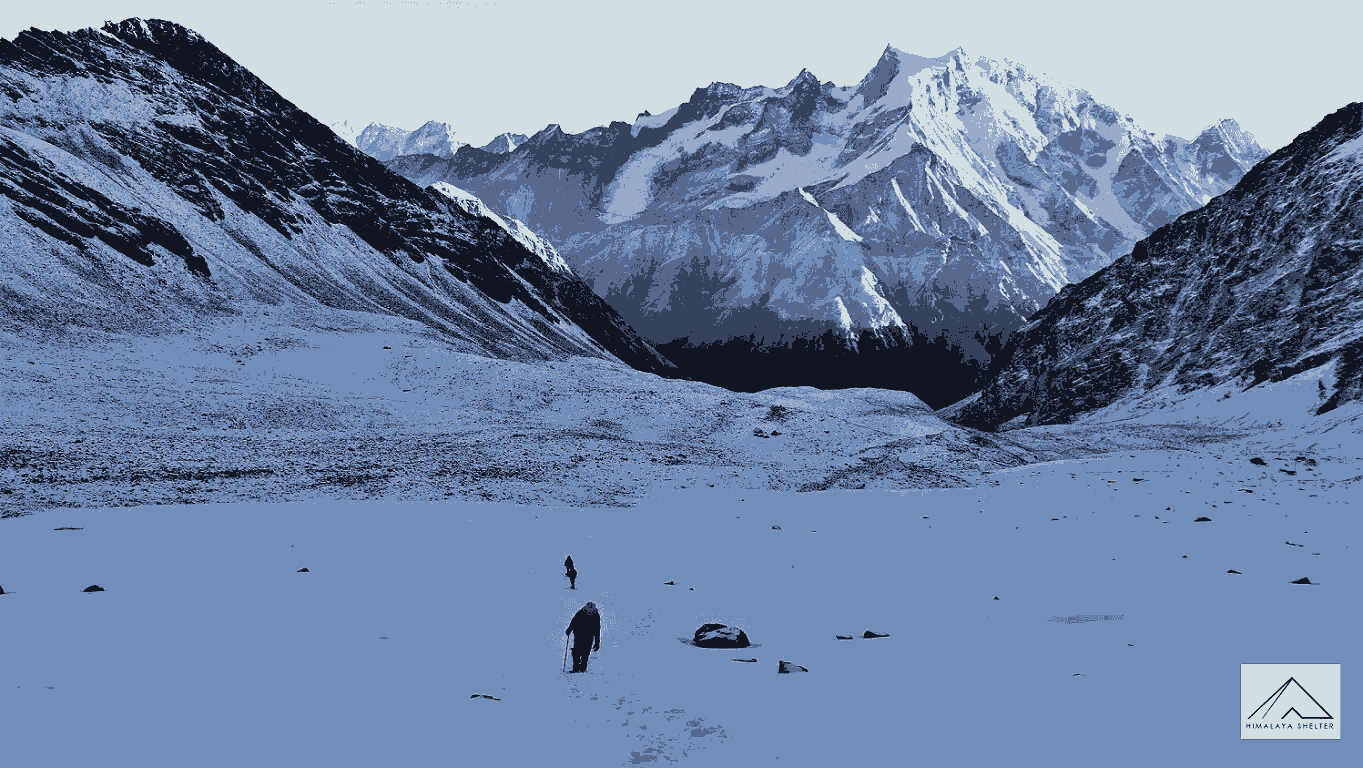
GHT Trek Altitude Above 4000 Meters
Price starts @ ₹On Demand | $On Demand
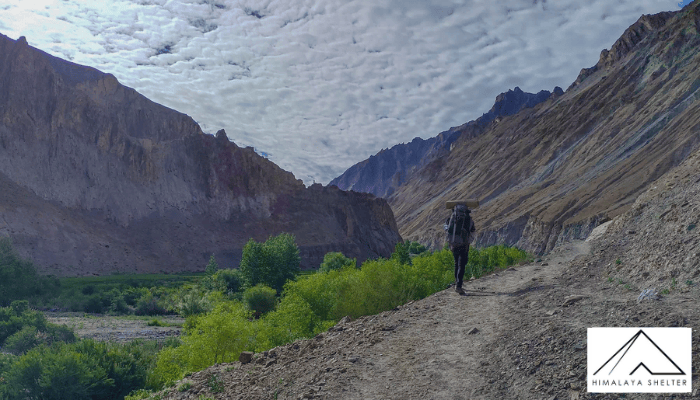
GHT Uttarakhand Himachal Pradesh And Ladakh
Price starts @ ₹On Demand | $On Demand
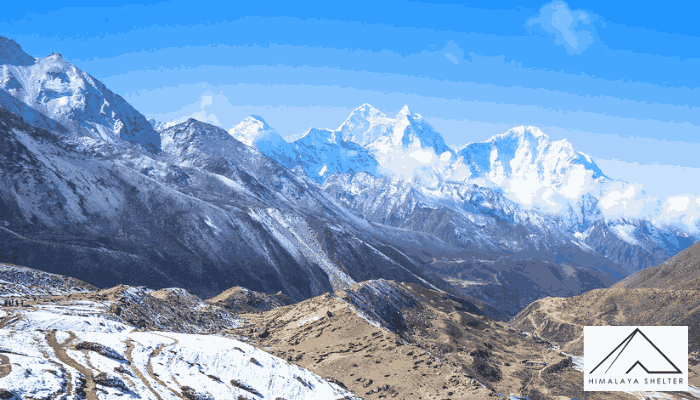
Price starts @ ₹On Demand | $On Demand

Price starts @ ₹35000 | $414

Price starts @ ₹25000 | $296
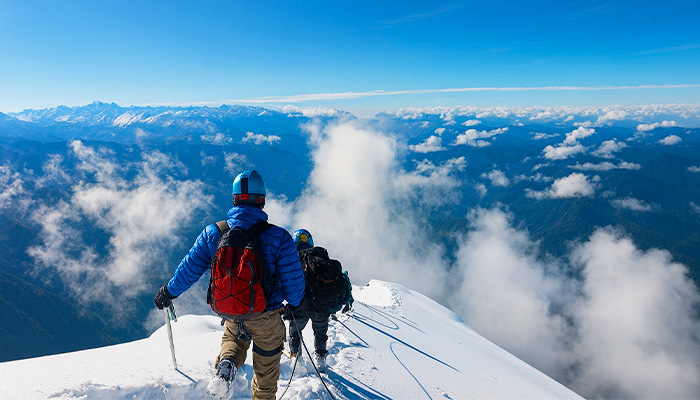
Price starts @ ₹38000 | $438
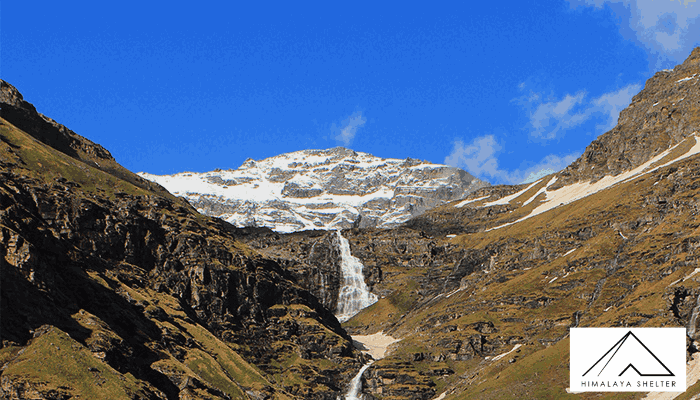
Price starts @ ₹22000 | $220

GHT Uttarakhand Himachal Pradesh And Ladakh
Price starts @ ₹On Demand | $On Demand
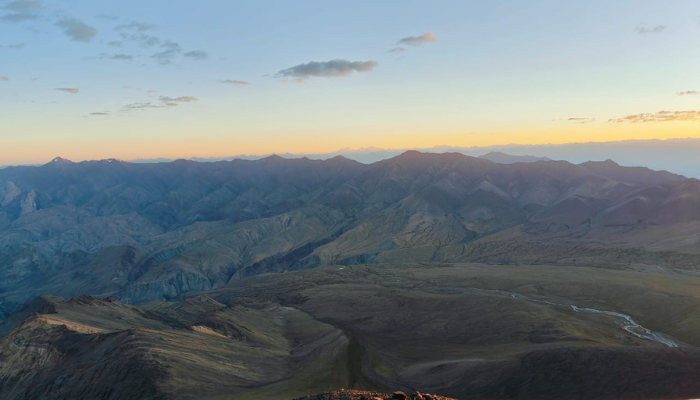
Price starts @ ₹On Demand | $On Demand

Price starts @ ₹119500 | $1398

Price starts @ ₹109000 | $1275

Price starts @ ₹129000 | $1508

Price starts @ ₹65900 | $769

Price starts @ ₹75000 | $846

Price starts @ ₹85000 | $936
Latest News
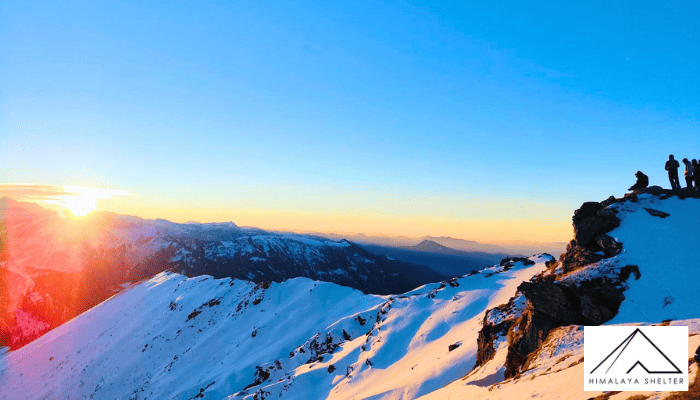
News Update | Himalaya Shelter
Author: Harsh
13 Dec 2025
Today was a busy day for Himalaya Shelter as two trekking groups set off on their Himalayan trekking paths. One of our groups departed on the Kedarkantha Trek, initiating the ascent to one of the most popular winter summits in Uttarakhand. At the same time, the second group started the Nag Tibba trek, which is known for its picturesque forest trails and stunning views from above, and is a traditional short trek in the Himalayan region.
We are happy to announce that one of our group has successfully finished the Nag Tibba trek, returning safely and within the scheduled timeline. We would like to congratulate all those in this group on successfully completing their trek and wish those on the Kedarkantha trek a safe and enjoyable trek ahead.
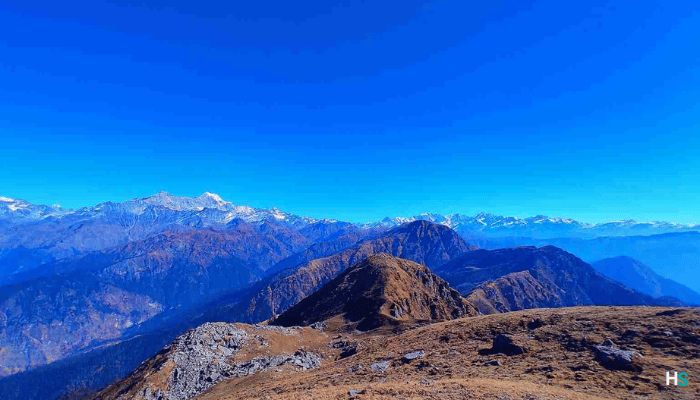
On the 14th of December, we will operate a group on the Ancha Top Trek for the first time.
Author: Harsh
12 Dec 2025
The small group consists of 7 trekkers under 2 experienced trek leaders, including the founder of Himalaya Shelter, Mr Bachan Rana. We will finish our trek by the 19th and share our experience after the completion of the trek.
| Days | Min Temp | Max Temp | Weather |
| 14-Dec | -0.5°C | 7.8°C | Partly cloudy sky |
| 15-Dec | -2.2°C | 7.7°C | Mainly Clear sky |
| 16-Dec | -1.7°C | 8.6°C | Mainly Clear sky |
| 17-Dec | -0.1°C | 10.1°C | Mainly Clear sky |
| 18-Dec | 0.1°C | 9.1°C | Partly cloudy sky |
Yet, there has been no snowfall on the Ancha Top Trek to date. But here's the weather report of the Yamunotri range for you.
Keep connected to us for further information; we will update you regarding other ongoing and upcoming treks as well. For more Details information, you can visit our Aancha top trek page.
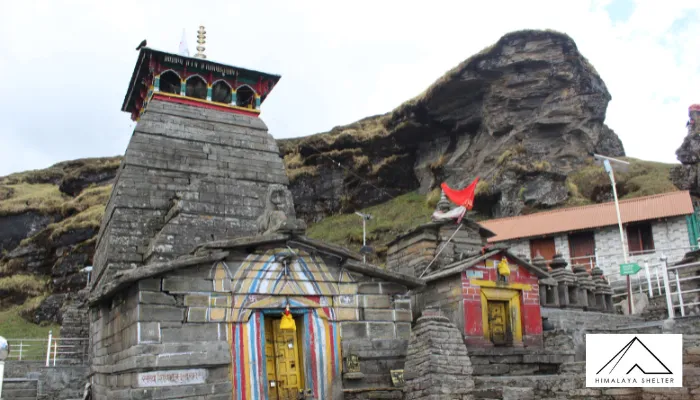
Tungnath (Tritiya Kedar) Temple Temporarily Closed to Public
Author: Bachan Rana
08 Dec 2025
Rudraprayag, Uttarakhand: The portals and outer premises of the sacred Tungnath (Tritiya Kedar) Temple have been temporarily closed for public entry due to increasing incidents of uncleanliness and the use of inappropriate in the temple surroundings.
The decision has been taken to preserve the spiritual sanctity and natural cleanliness of the holy site. Authorities have observed that some visitors were engaging in inappropriate activities, including littering and consumption of intoxicating substances, which deeply hurt religious sentiments and disturbed the peaceful environment of the region.
The Tungnath Temple and its outer areas will remain closed to the public until further official notice. The temple will reopen only after formal approval and announcement by the Badrinath-Kedarnath Temple Committee (BKTC).
Devotees and travelers are requested to cooperate with the administration and respect this decision in the larger interest of faith and environmental protection.
Our Team visited on 4 December to Tungnath Temple, they informed about temple closing.
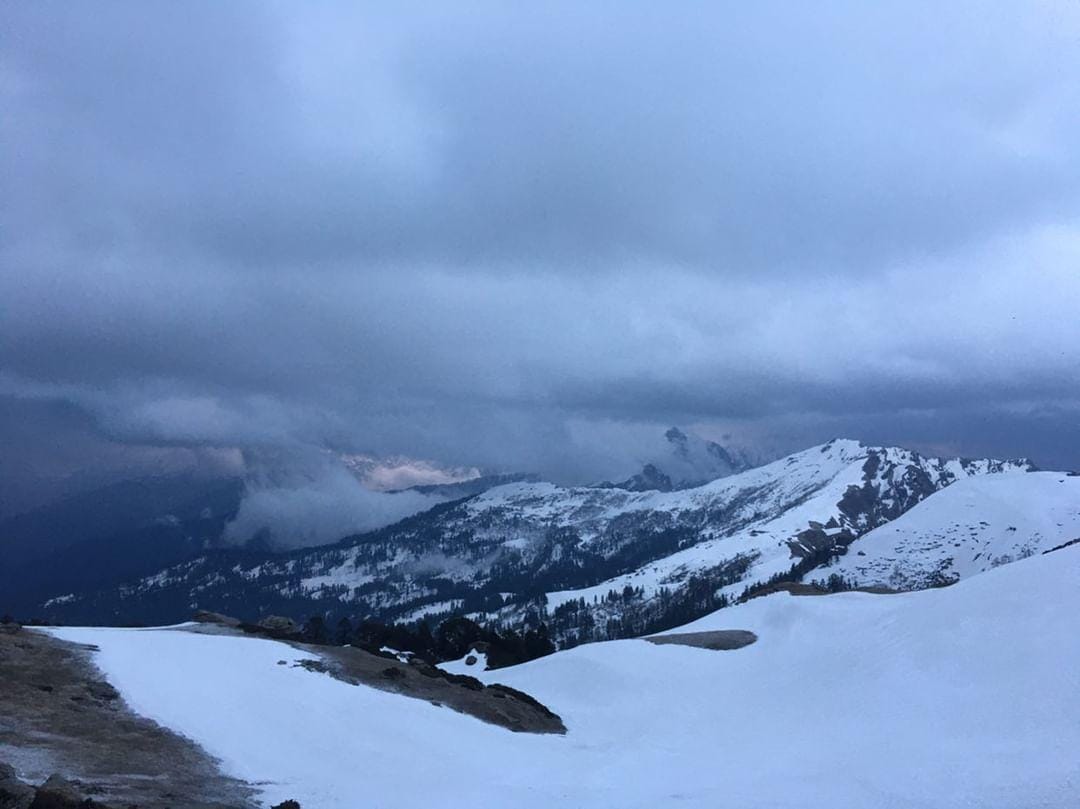
Fresh Snowfall Expected on High Altitude Treks
Author: Himalaya Shelter
06 Oct 2025
Uttarakhand experienced its first snowfall of the season this year, which is very early; soon, you can expect snow on every trek in Uttarakhand.
On Monday, Kedarnath and Badrinath got the season's first snowfall. The arrival of Winter in the Gharwal Himalayas of Uttarakhand.
Kedarnath Valley is covered with fresh snow, and Tungnath Temple gets light snowflakes.
IMD had forecast snowfall in the high-altitude regions of Uttarakhand region.
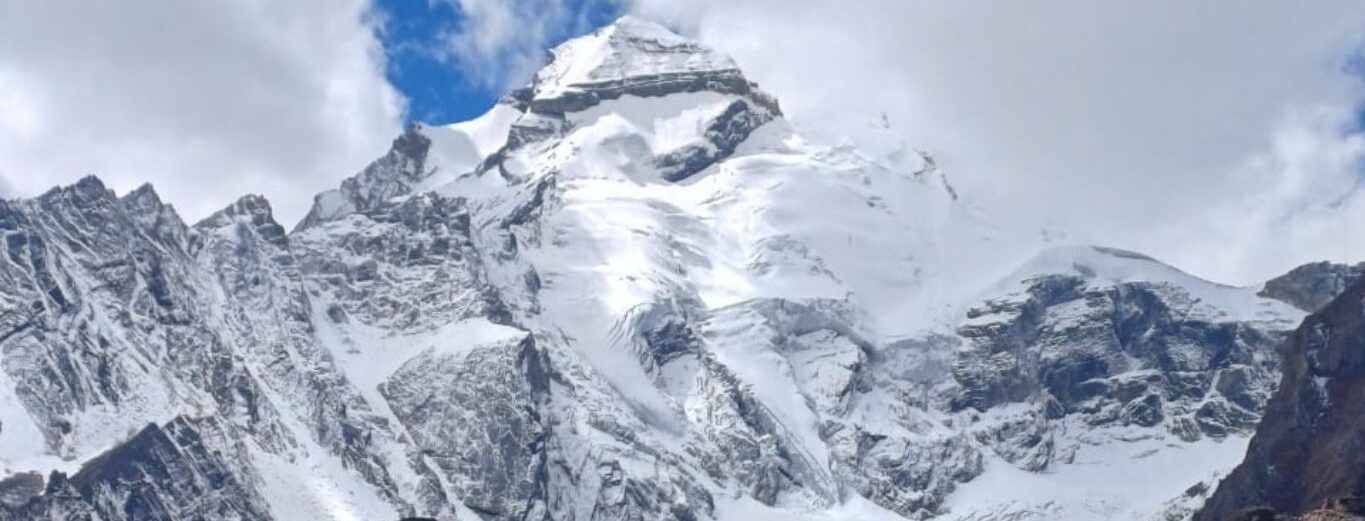
First time in Uttarakhand, Adi Kailash Circuit Marathon is organised by Uttarakhand Tourism.
Author: Himalaya Shelter
24 Sep 2025
Hon’ble CM Pushkar Dhami announced the historic high altitude Adi Kailash Parikarma run on 25th Foundation Day of Uttarakhand, 2nd November 2025.
ADI KAILASH PARIKRAMA RUN
India’s First High-Altitude Ultra Marathon (10,300–15,000 ft)
Location: Gunji & Jolingkong, Pithoragarh, Uttarakhand
Date: 2nd November 2025
Mission: Promote Vibrant Village Border Adventure Tourism & inspire youth for a healthy life.
Race Categories:
-
60KM Ultra (Jolingkong–Gunji loop) | Start: 4:00 AM | Cut-off: 10 hrs | +1588m
-
42KM Marathon | Start: 5:00 AM | Cut-off: 7 hrs | +1295m
-
21KM Half | Start: 5:20 AM | Cut-off: 4 hrs | +1295m
-
10KM Run | Start: 5:30 AM | Cut-off: 2 hrs
-
5KM Fun/Charity Run | Start: 6:00 AM | Cut-off: 80 min
Pre-Race:
-
31 Oct–1 Nov at Gunji: BIB Distribution, Medical Check, Briefing
-
Mandatory acclimatization: 2 days at Gunji/Jolingkong
Accolades:
-
Dry Fit T-shirt, Medal, Goody Bag, Hydration & Refreshments, E-certificate
-
Cash Prizes + Trophies for Top 5 (60K–10K) & Age Categories (40+, 50+, 60+)
-
5K: Fun Run with Trophy & Hampers
Compulsory:
-
Acclimatization (2 days minimum)
-
Inner Line Permit (Aadhar/Passport)
-
Fitness Medical Certificate
-
Past Marathon/Ultra Certificate (preferred)
-
Disclaimer & Insurance formalities
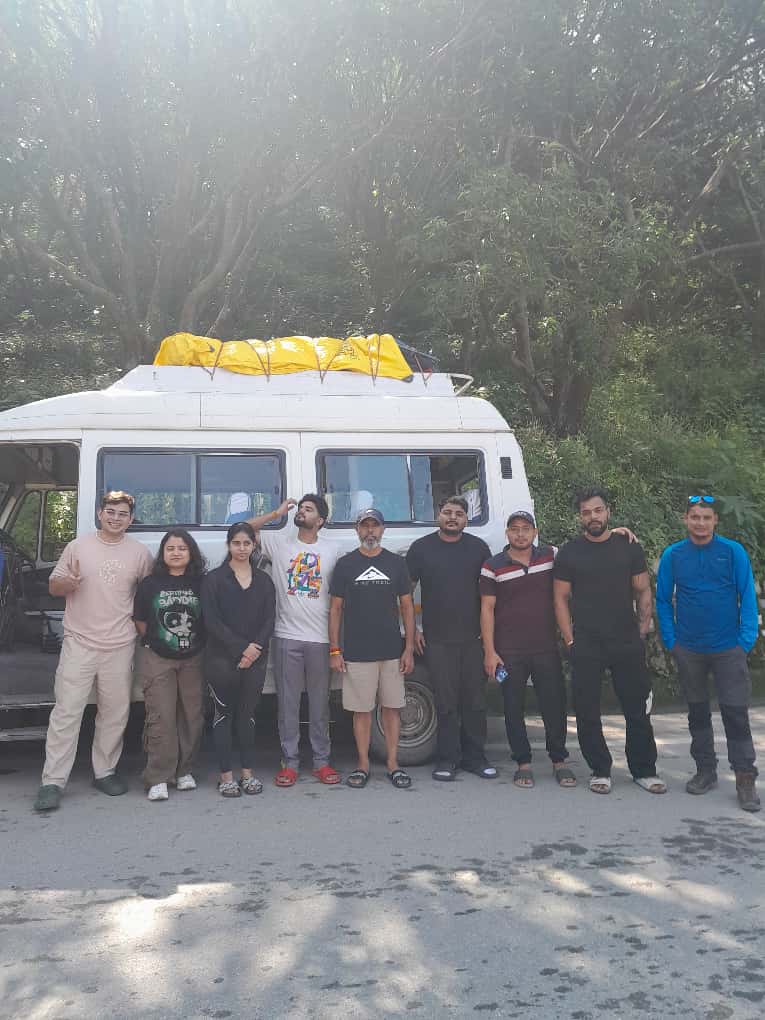
Trek Update! Our trek group to Har ki Dun moved forward to Sankri Base | All the treks of Uttarakhand opened
Author: Himalaya Shelter
21 Sep 2025
Har Ki Dun
Today, our trekking group is moving forward the Har Ki Dun trek, one of the most scenic valleys of the Garhwal Himalayas. Known as the “Valley of Gods”, Har Ki Dun is rich in mythology, alpine meadows, and breathtaking views of Swargarohini peaks.
All Treks in Uttarakhand are opened now.
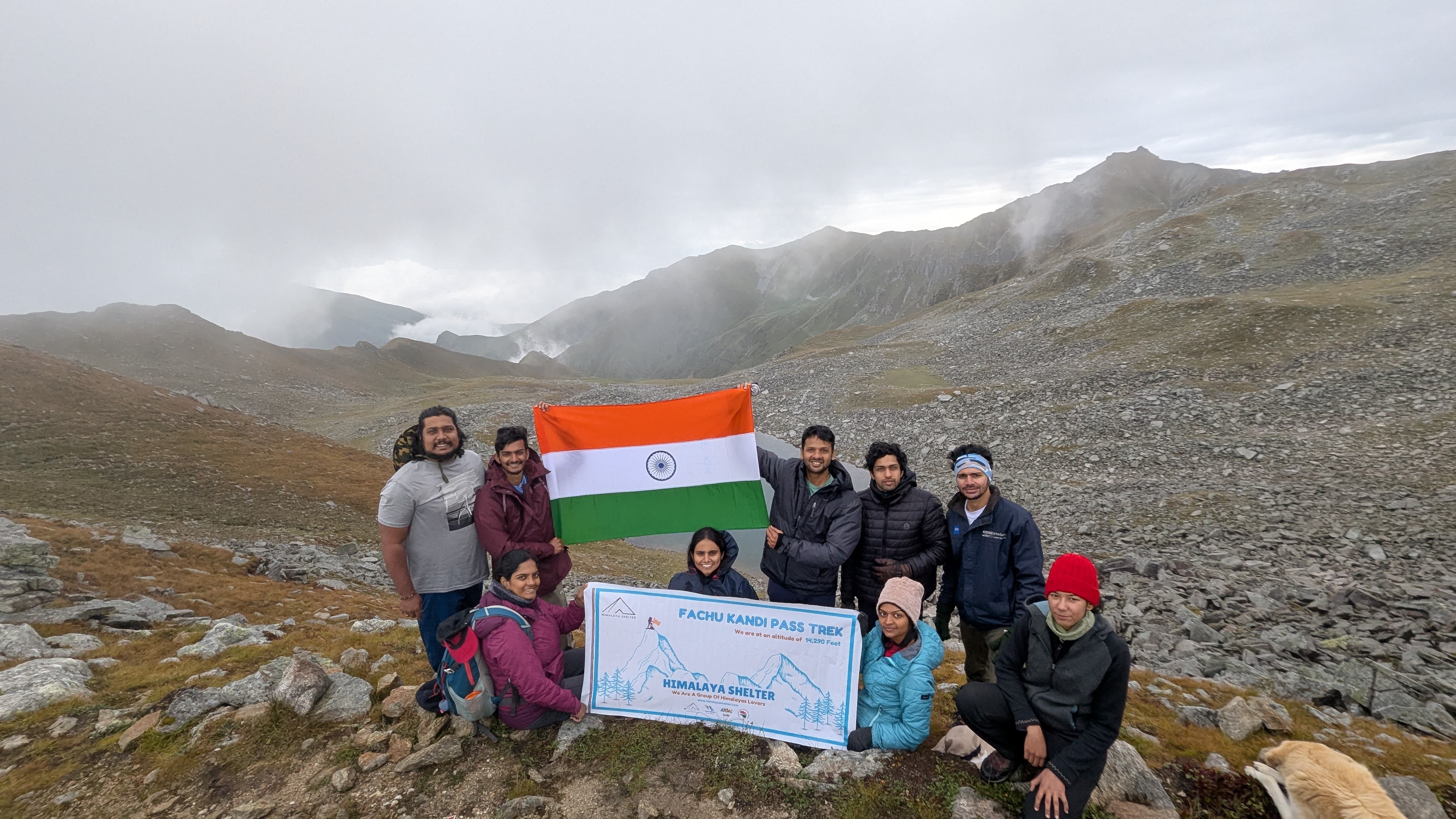
13th Sept Fachukandi and 15 September Buran Ghati Team Summits Successfully
Author: Tanisha Chauhan
19 Sep 2025
Fachukandi
Buran Ghati
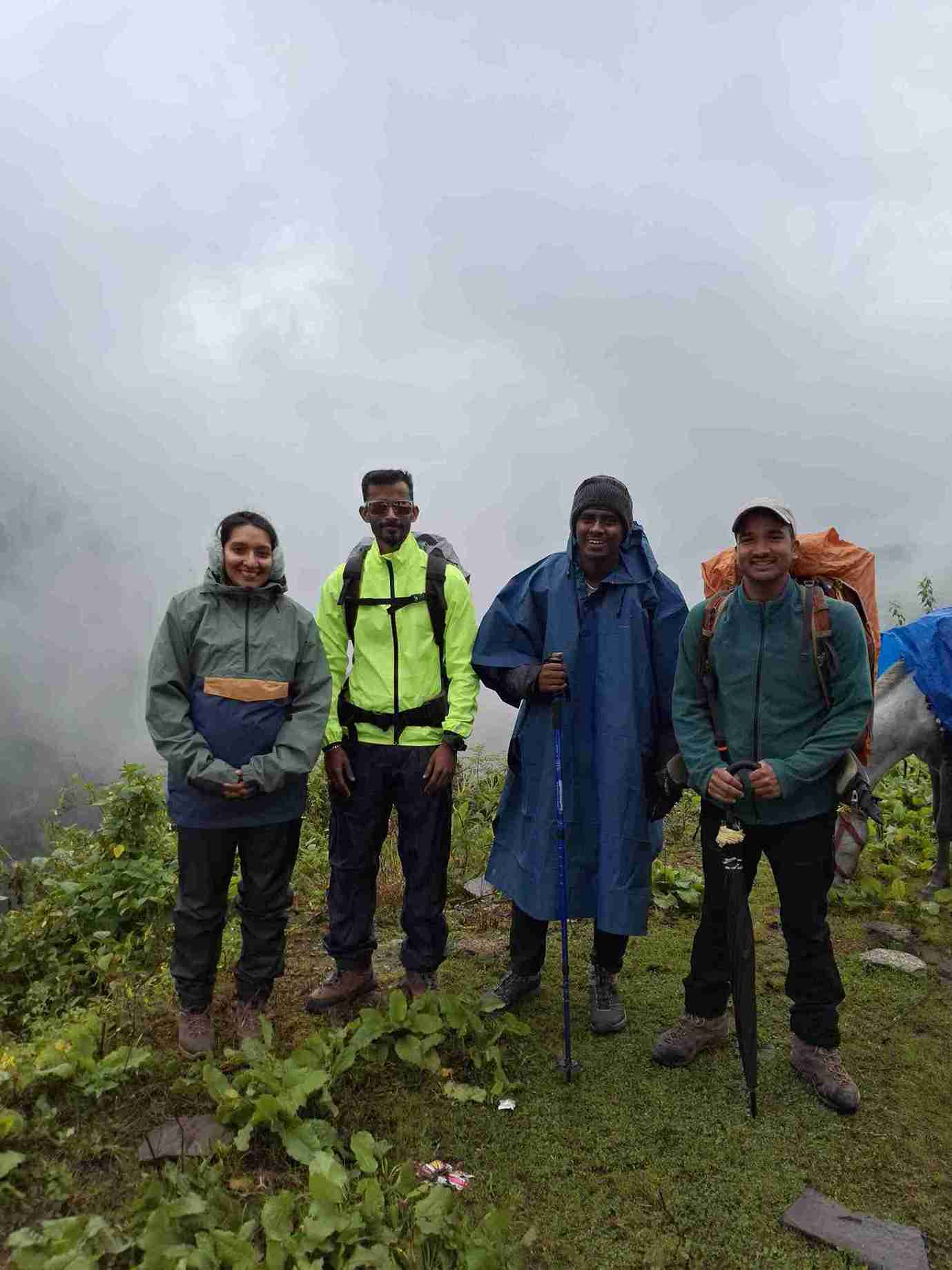
Har Ki Dun and Fachukandi treks running on schedule | Buranghati trek running smoothly | Again Fachukandi and Har ki Dun trek will go on 19th September and 20th September
Author: Tanisha Chauhan
18 Sep 2025
- Fachukandi Trek was started on 13 september. Today they will reach Hanuman Chatti.
- Har ki Dun was started on 15 September. The team reported roads is clear.
- And Buranghati trek was started on 16 September. Shimla to Janglik road is clear.
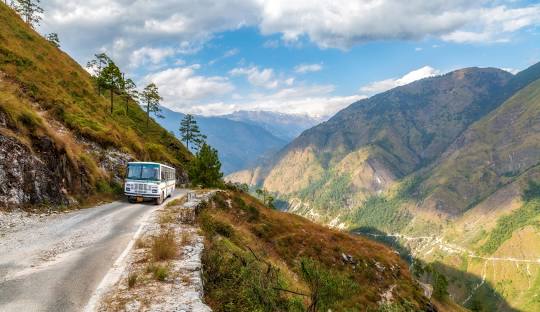
Recent Update of Uttarakhand Trekking!
Author: Tanisha Chauhan
13 Sep 2025
Over the past weeks, trekking in Uttarakhand has been stopped due to severe weather condition. Due to post mansoon season autumn treks get delayed. Government has temporarily suspended permission for trekking in Uttarakhand to ensure safety.
Chamoli Update: Roads Cleared, Trekking Resumes in Valley of Flowers
The road blockage due to heavy rainfall, route was disrupted recently in Chamoli district where Joshimath is located.
Road blockage and debris is now cleared, and route opened for vehicle.
Permissions for the Valley of Flowers trek have resumed after 5 September 2025.
Gangotri Road Reopens for Light Vehicles via Dharasu
Road access to Gangotri has been restored in Uttarkashi. Reports confirm that the Dehradun–Gangotri highway is open and functional. However, due to safety concerns, The administration is only letting smaller cars like Boleros pass the Dharasu stretch right now since they are worried about safety.
This incomplete report says that reopening it will make it easier to get to Gangotri, but heavier trucks are still not allowed for now. Authorities are nevertheless keeping a careful eye on road safety.
So now you can plan next trek to Gaumukh Tapovan after 15 September.
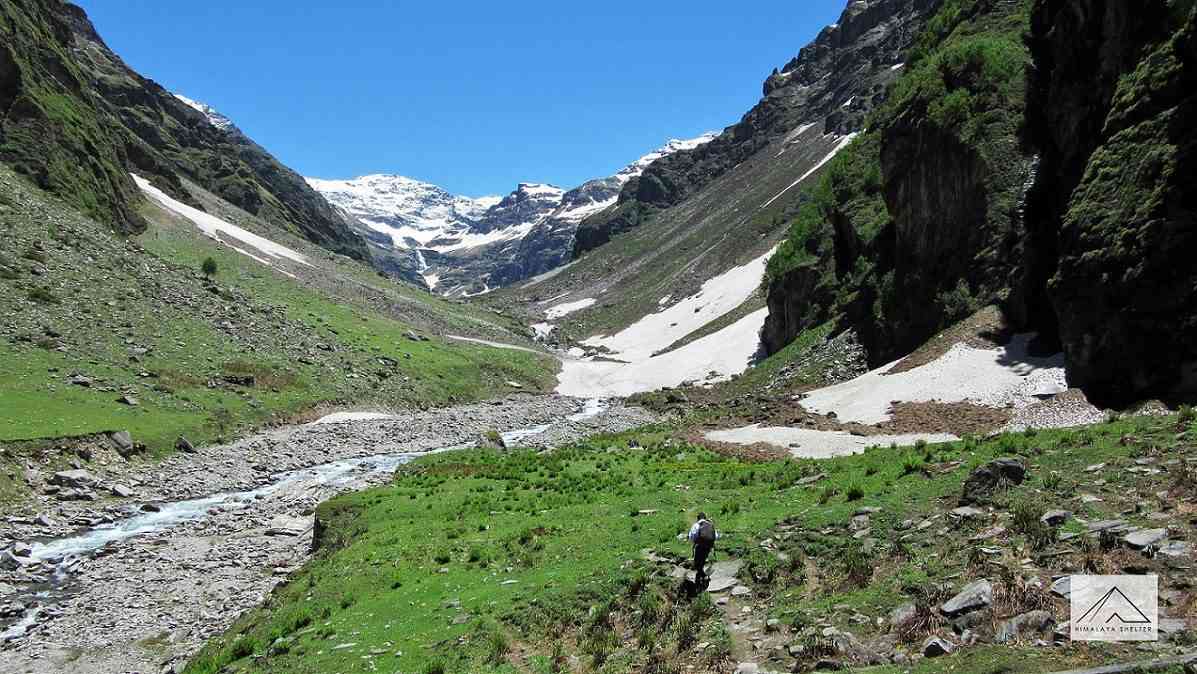
Trekking Update Himachal Pradesh
Author: Tanisha Chauhan
12 Sep 2025
Over the past weeks, trekking in Himachal Pradesh was stopped due to cloud brust and landslides. The government had temporarily stopped permissions for Himalayan treks to ensure safety.
We’re glad to share some good news:
- The route from Chandigarh to Shimla is now clear. So for permission for Buran ghati trek and Rupin pass trek will get from 15 September
- The last road from Rohru to Jiskun, which was blocked earlier, reopened yesterday for vehicles.
The treks like Buran Ghati and Rupin Pass are finally open again. After late monsoon things stabilize, the upcoming weeks (late September into October) will be one of the best times to experience crystal-clear skies, autumn colors, and safe conditions on these beautiful routes.
What this means for you:
- Trekking permissions start from 15 September by government, so you can now start planning your autumn trekking.
- Major roadblocks are cleared, but you can expect some delays due to some reason, Keep some extra time in your travel plan in case of delays
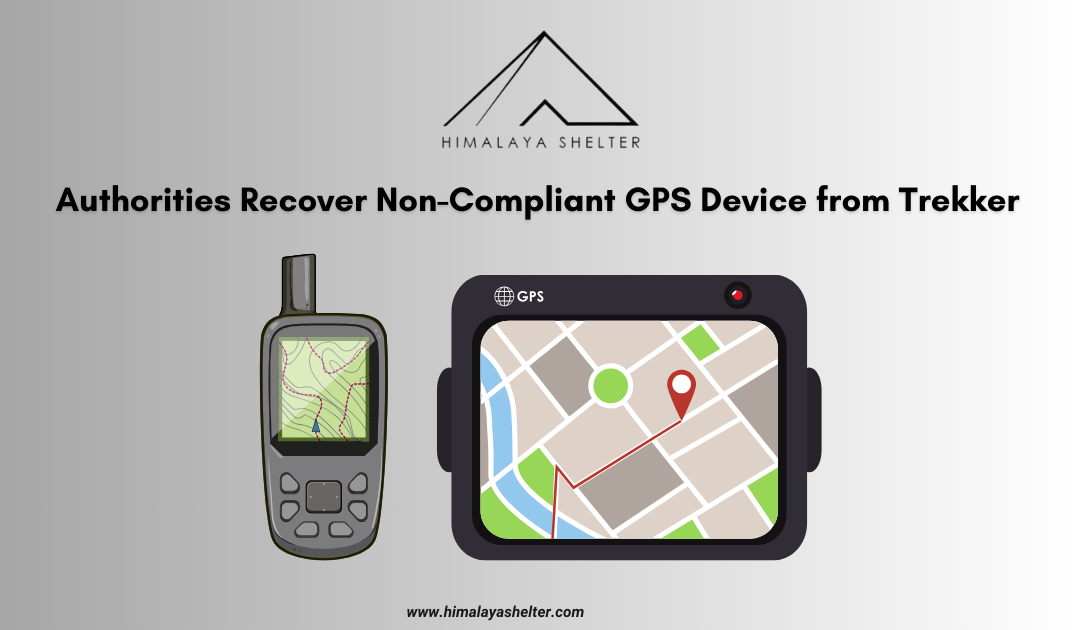
Authorities Recover Non-Compliant GPS Device from Trekker
Author: Udita
10 Sep 2025
Recently, an unauthorised trek device was recovered from a trekker. We all plan our adventure and trekking trips wisely, not forgetting what clothes we need to pack, the type of shoes we need, and a handy first aid kit. But there are times when we end up carrying a GPS device for recording trails, distance, or out of fear of getting lost in unfamiliar terrain, without knowing the repercussions of it.
Many trekkers in the recent past have been detained in India for carrying a GPS device. These GPS devices are often used for texting when there is no cellular connection available, but are illegal and prohibited in India.
So, the next time you plan a trek in India, be mindful that carrying satellite-based GPS communicators is strictly prohibited. These devices are banned under the Telecommunications Act, 2023, and using them without authorisation can invite severe consequences — including imprisonment of up to three years and fines as high as ₹2 crore (about USD 230,000). It’s always safer to leave such equipment behind and rely on authorised navigation support provided by your trek operator.
While these devices are common in other countries for emergency communication, In India, they fall under restricted equipment because of country-wide safety concerns. Hence, it is always safer to avoid carrying such devices and instead rely on authorized navigation support and safety systems provided by your trek operator. Staying informed and prepared not only ensures your safety but also keeps your trekking experience worry-free.
Lastest Travel Blogs

16 Dec 2025 | Harsh | 6 min read
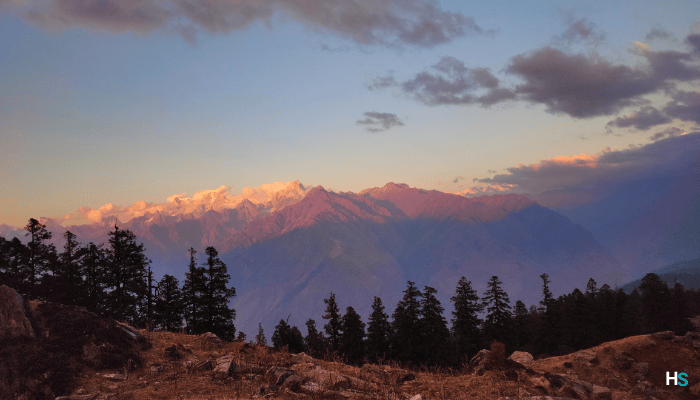
Kuari Pass Curzon Trail Guidebook:
10 Dec 2025 | Harsh | 19 min read

Har Ki Dun Trek Detailed Guide Trail History Culture Geography:
27 Nov 2025 | Tanisha Chauhan | 25 min read
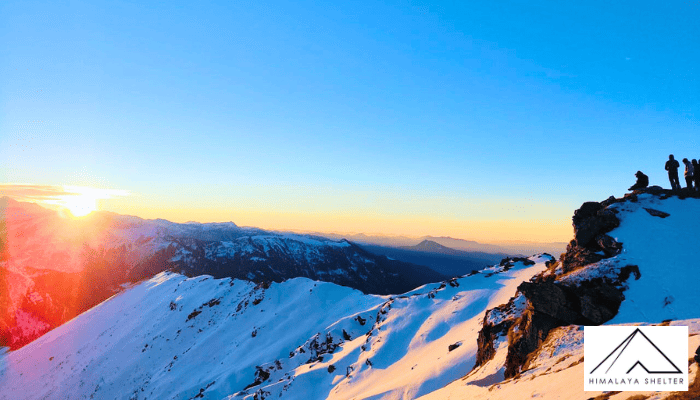
How to Plan Kedarkantha Trek with Friends and Family:
26 Nov 2025 | Harsh | 8 min read

21 Nov 2025 | Harsh | 5 min read
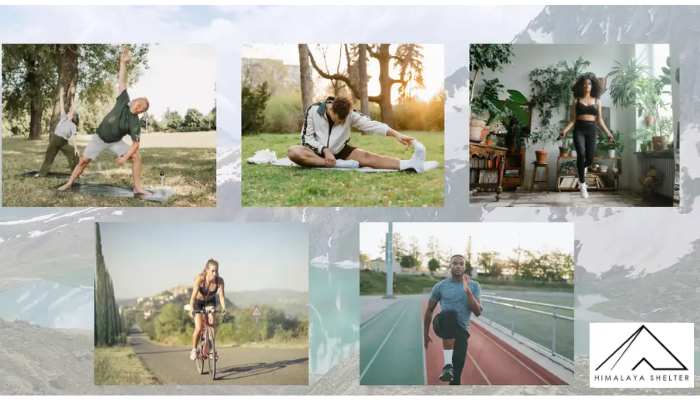
10 Reasons Why People Like To Trek:
20 Nov 2025 | Harsh | 6 min read
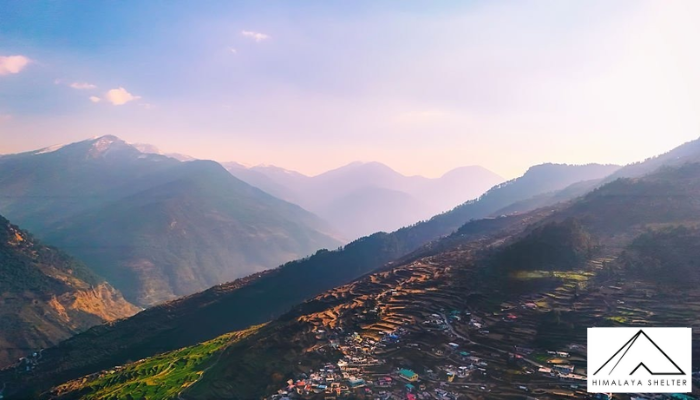
Raithal Village Uttarakhand: A Comprehensive Guide
15 Nov 2025 | Tanisha Chauhan | 13 min read
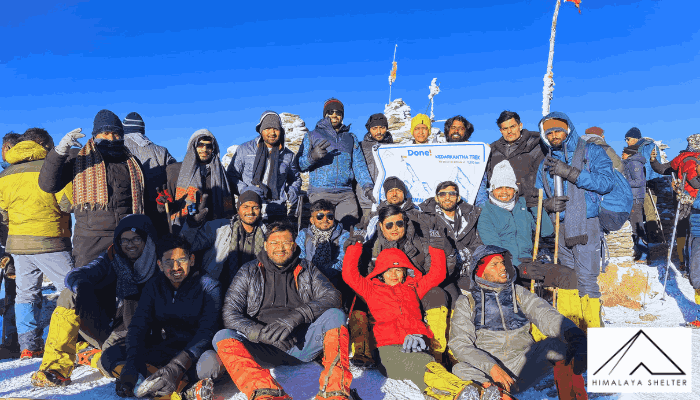
Premium Treks by Himalaya Shelter:
15 Nov 2025 | Suneeta Ojha Sharma | 11 min read
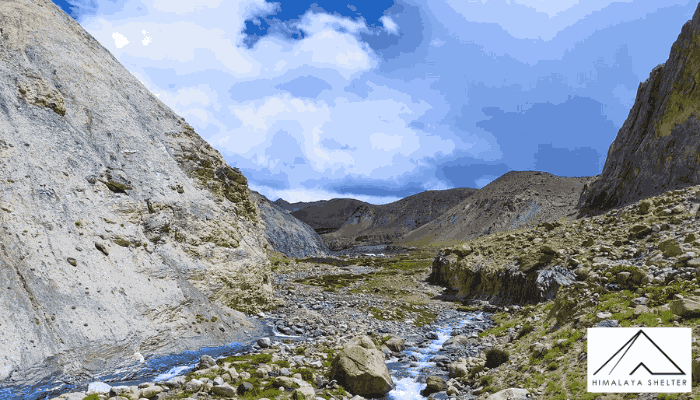
Explore The Hidden Valleys Of Ladakh Trek: A Journey Beyond The Ordinary
07 Nov 2025 | Nitisha | 17 min read








